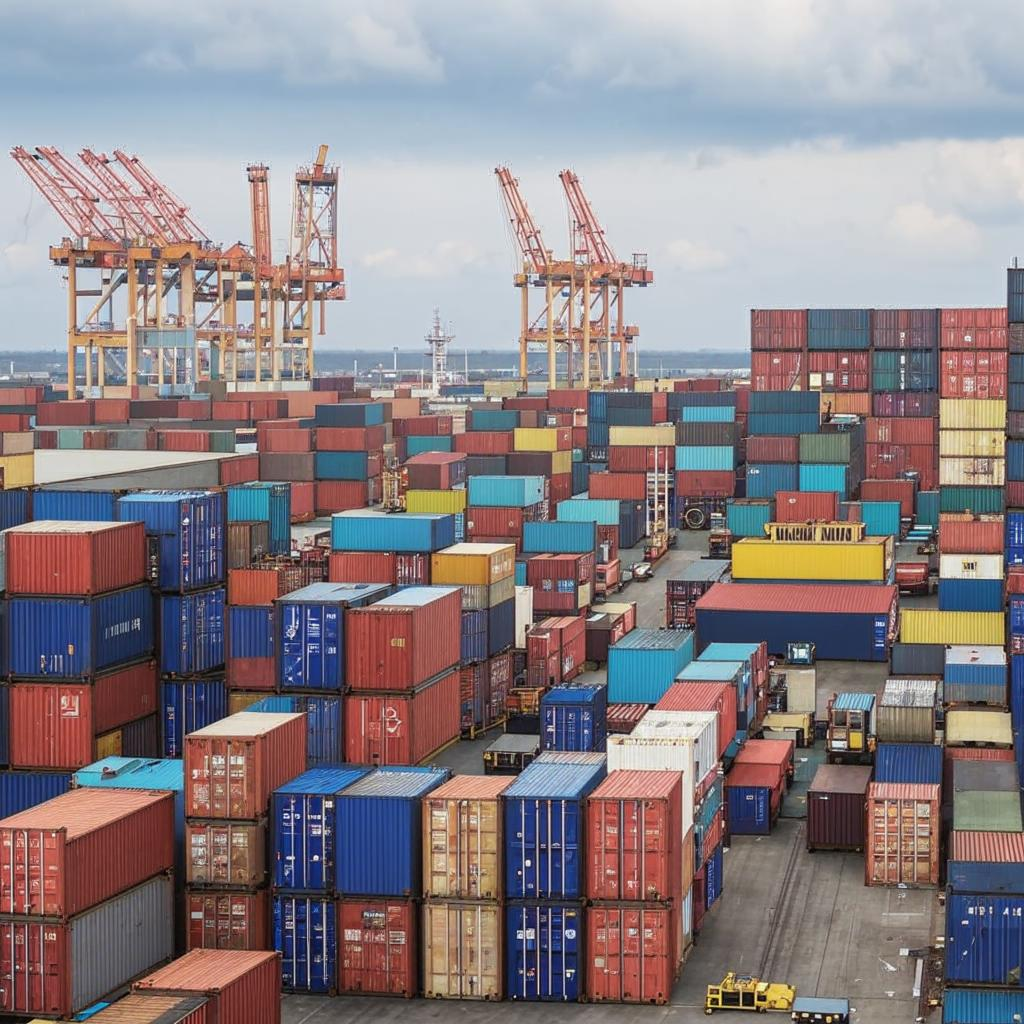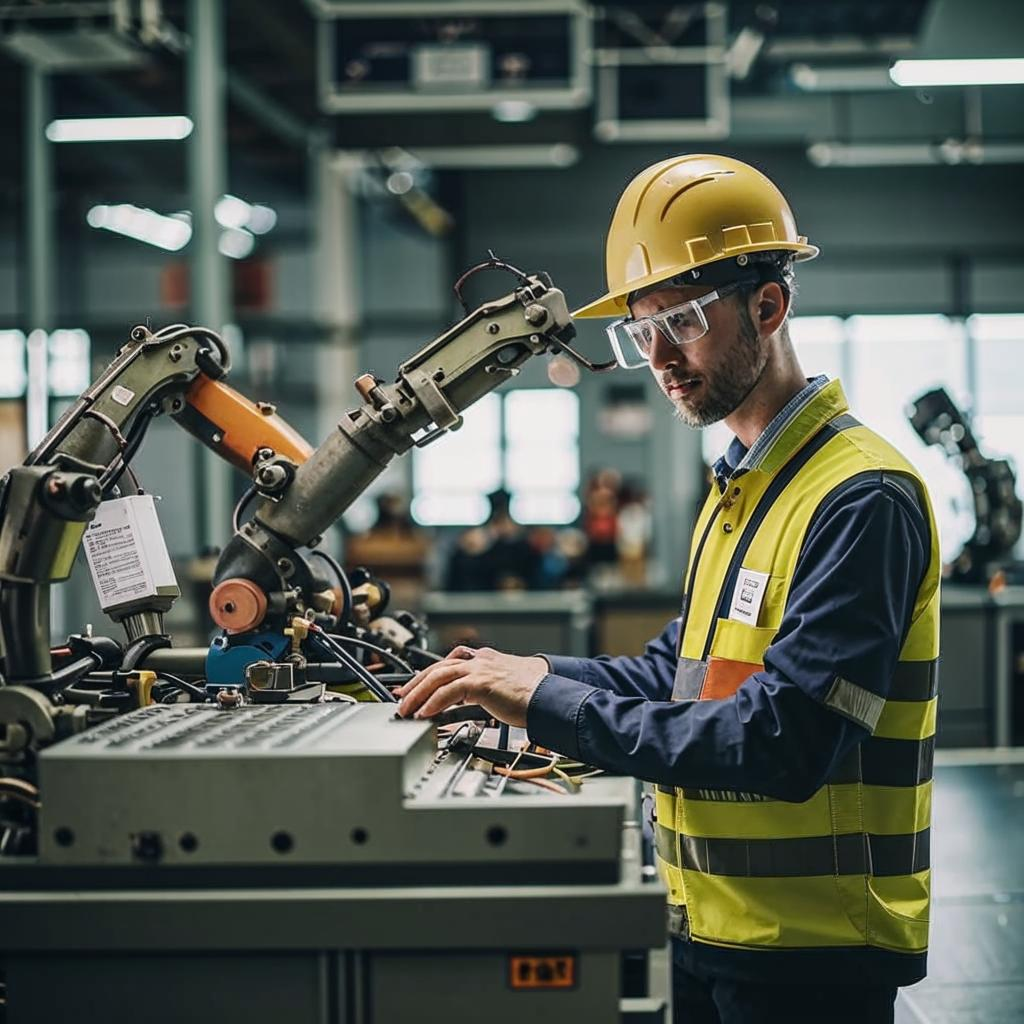Global supply chains remain severely strained, creating havoc for economies worldwide. Ongoing bottlenecks in ports, significant labor shortages, and recurring transportation delays contribute to the continuing chaos. Consequently, inflation is rising as businesses are forced to shift increased costs onto consumers, further burdening households. Manufacturing struggles are also evident, resulting in stunted economic growth and reduced output in many sectors.
Experts anticipate that these challenging conditions will persist into the foreseeable future due to consistently high demand and unresolved logistical challenges. Furthermore, global geopolitical tensions and adverse climate-related events exacerbate the situation, adding layers of complexity to an already stressed system.
In response, companies are proactively exploring multiple strategies to mitigate the impact of these disruptions. Diversifying the base of suppliers, increasing inventory to act as buffers, and investing in automation technologies are some of the measures being considered. Additionally, many believe that strategic government intervention and enhanced international cooperation will be vital in resolving the complex crisis.
However, industry analysts caution against expecting a quick or immediate solution. Businesses and consumers must be prepared for prolonged volatility within the global supply chain. Certain sectors, such as semiconductors and automotive, are particularly vulnerable and face pronounced challenges given their reliance on complex and international supply networks. The situation requires resilience and adaptation.












